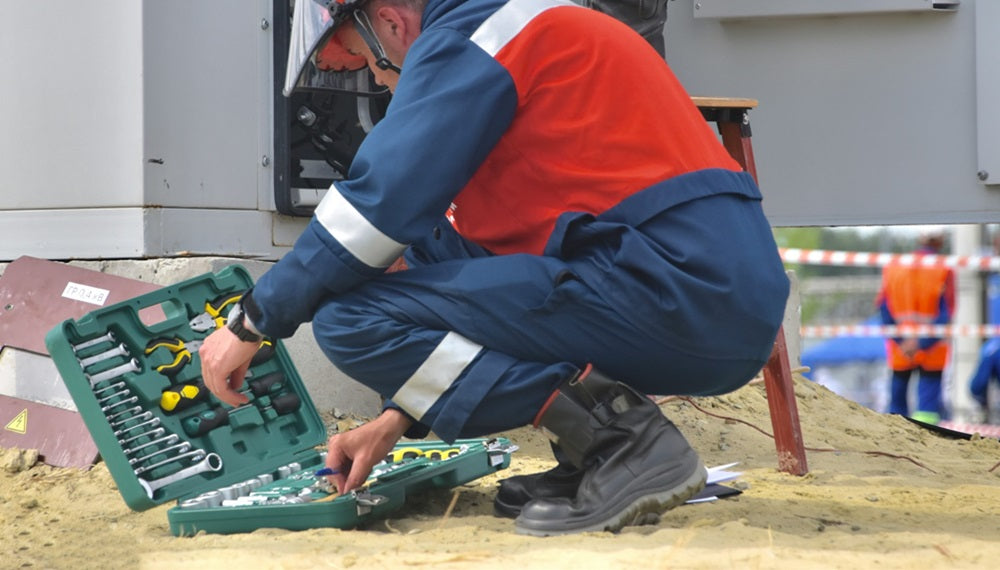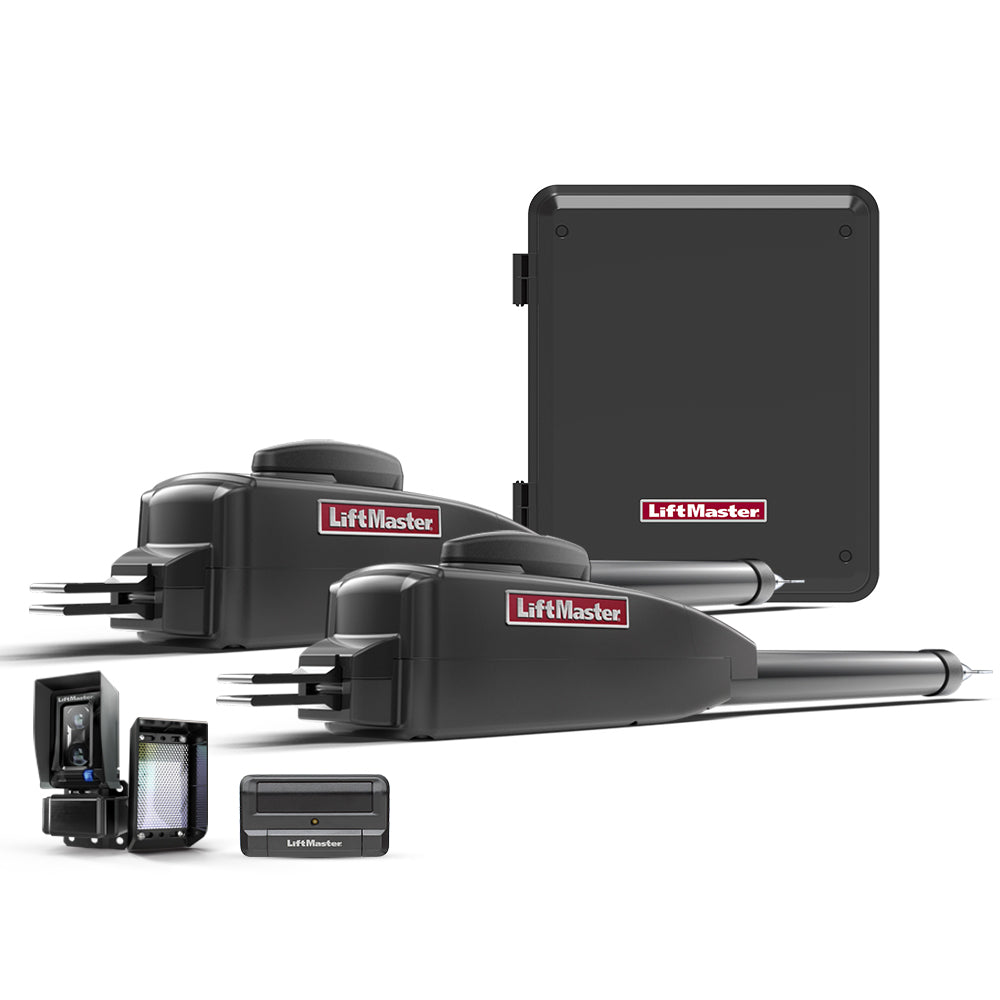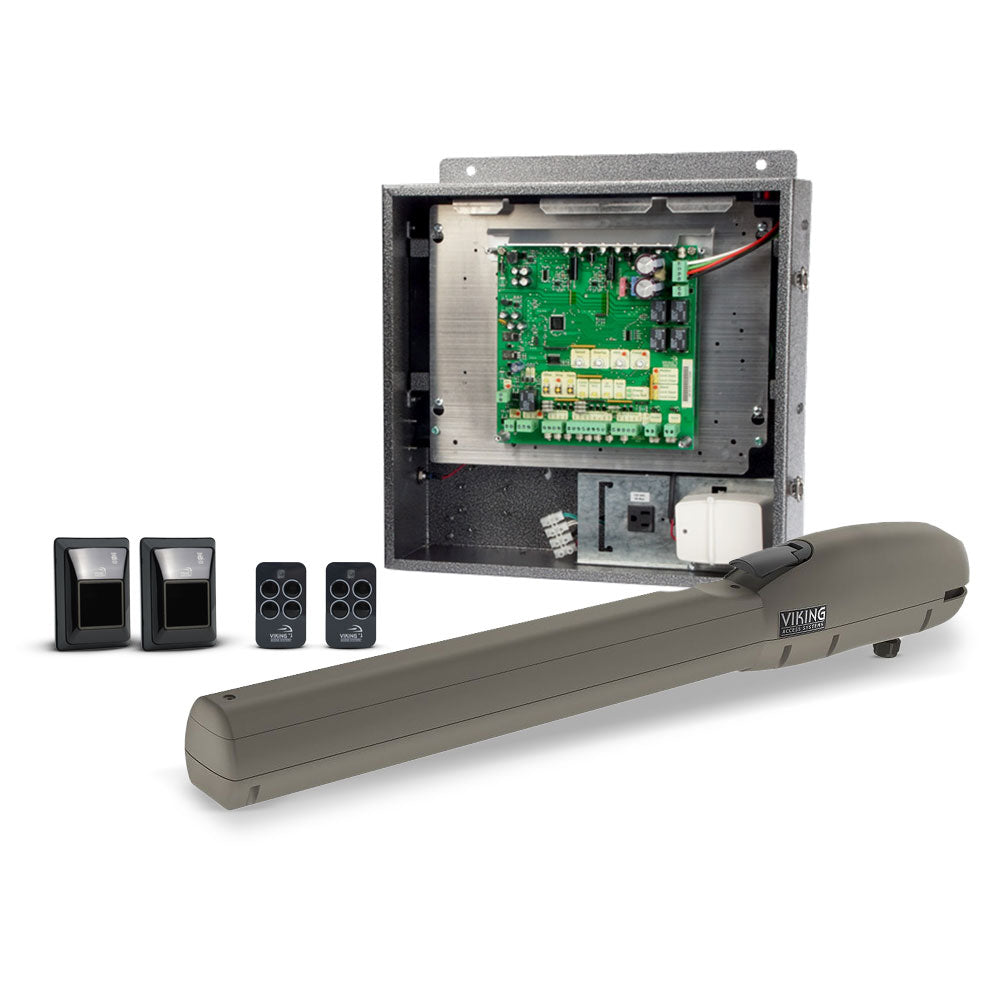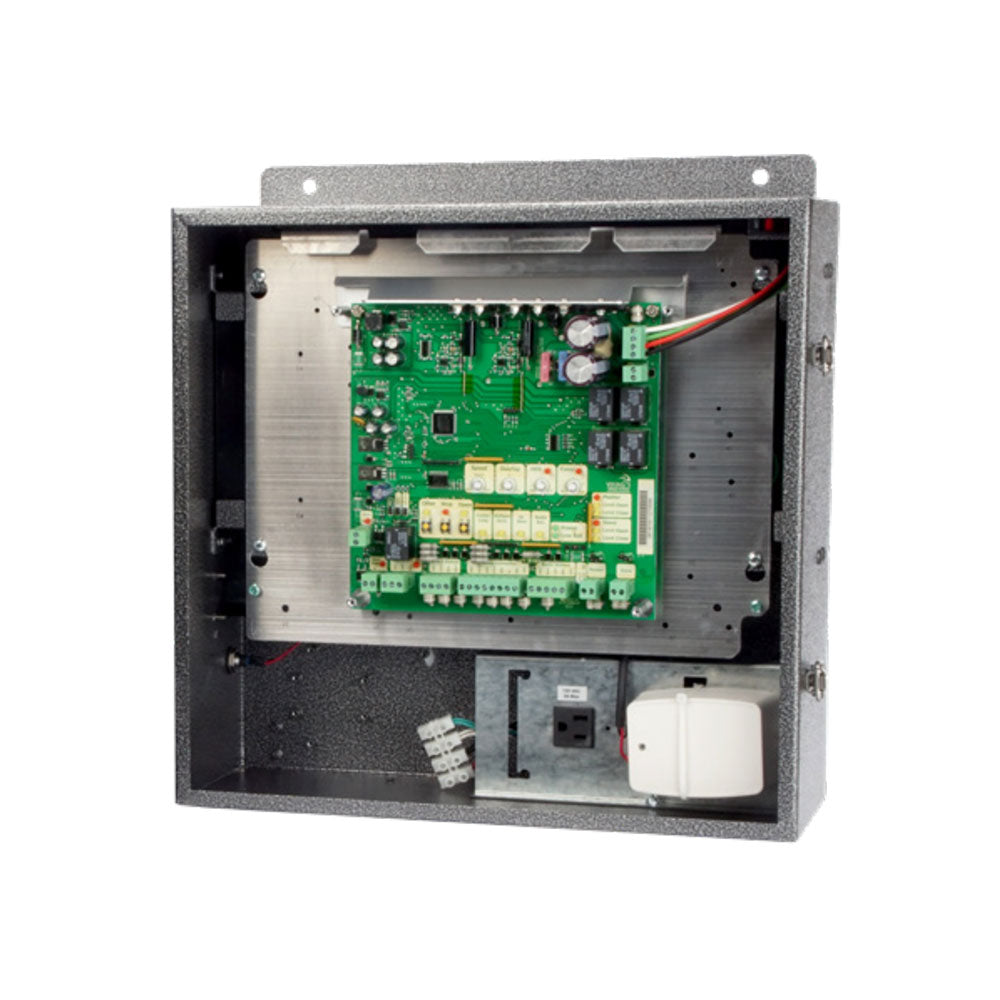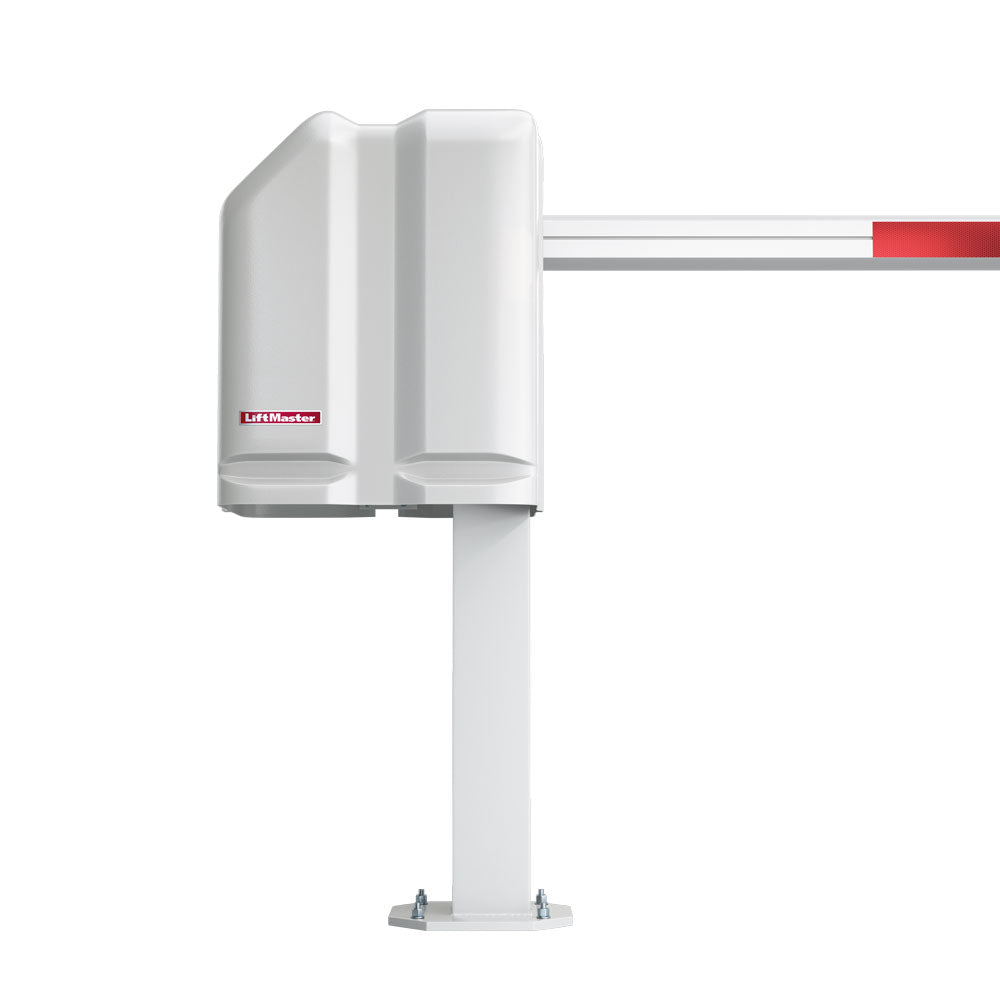A well-installed ground wire is crucial in maintaining electrical safety and preventing appliances from becoming damaged. Many new homes today are likely grounded as per local building code requirements. Homes built before the 1960s may or may not be grounded.
Ground wire installation is a necessary step in every electrical system. It needs to be installed properly to reduce fire incidents and other risks. Grounding can also prevent surging electric bills caused by unexpected short circuits.
What Is a Ground Wire, And Why Is It Important?
Ground wire is an essential component of an electrical system. It works to absorb the excess electrical charges and allow a low-resistance pathway to the ground. Ground wire is necessary for the following important reasons:
Safety and Protection
The ground wire serves as the pathway for electrical charges to be absorbed by the earth. The earth has a negative electrical charge that attracts positive charges. The ground wire directs the current in a controlled way, preventing electrical shock and electrical fire.
Stabilize the Voltage
The ground wire can greatly affect the power quality and stability of the voltage. A grounded electrical system ensures the proper distribution of voltage to avoid overloading. The earth is the reference point that absorbs the excess electricity and stabilizes the voltage level of the entire electrical system. It also evens out the power fluctuations caused by different factors such as lightning and overcurrents.
Protects the Appliances
Dimming lights and malfunctioning appliances are possibly the result of an improperly grounded electrical system. Many of the modern electrical devices and appliances today require grounding to prevent damage.
Ground wire sends the electricity back into the earth instead of to the appliances connected to the electrical outlet. If the grounding system is faulty or not grounded properly, the electrical current will find conductors to flow into.
This means that it will directly flow into appliances and devices plugged into an ungrounded outlet and potentially ruin them.
Saves Energy
A short circuit can happen to any electrical wiring. Sometimes, it occurs when the wires get damaged and the hot wire touches the ground surface. A short circuit wastes electricity and may result in a high electric bill. Or worse yet, it may start an electrical fire, which can be prevented with proper grounding.
Code Requirement
Electrical codes, regardless of the state or location, mandate that the electrical system be grounded. It is important for the safety and reliable electrical operation of the entire community.
Ground Wire Installation Tips
All electrical systems must be grounded regardless of the age of the building. If you have an older home, make sure that it follows the code standards to avoid potential problems.
Grounding is essentially performed by a qualified electrician who installs it properly and safely. But here are a few tips to give you a more basic idea about grounding.
Grounding Electrodes
The first step in installation is installing the grounding electrode. This is the device that connects the electrical system to the ground. It is usually a long metal stake, rod, pipe, or wire that serves as the low-impedance path of the electric current to the ground. It’s also connected to the main electrical panel.
Determining the Ground Wire Size
The size and length of ground wires are important for creating a secure connection. The ground wire connects the electrical panel, device and appliances to the ground rod or electrode.
A good ground wire should match the equipment's current rating, which is determined by the electrical service's amperage rating. The #4 copper wire is often used in services not exceeding 200 amps.
The grounding wire is typically made of bare copper wire or green insulated wire such as these SCP ground wires from All Security Equipment.
Routing the Grounding Wire
The grounding wire must be connected to the grounding electrode without slack. There should be no bunching, coiling together, or wire tension. Otherwise, it can create a high impedance path and cause high voltage. Short wires with gradual bends are the most ideal when grounding.
Testing the Connection
After installation, the grounding system is measured for a variance to verify the resistance of the system. It helps determine how well the electrical system is connected to the ground.
Resistance is best measured using the three-point method or the clamp-on meter, fall-of-potential tester, or soil resistivity meter. Compare the values against the National Electric Code (NEC) standards.
If the resistance is high, you may need to install an additional ground electrode. If using a multimeter, the soil resistance must be below 25 ohms.
Maintaining the Grounding System
You can’t just install a grounding system and leave it be. It requires regular inspections and testing to ensure that everything continues to work properly. If the wires are damaged, they need to be repaired immediately to prevent potential problems.
Ensure that there are no corrosion, damage, tear or loose parts in the entire system. Any issues in the grounding system should be addressed immediately to prevent hazards and damage to the equipment.
Continue to monitor ground resistance to verify that it’s between the acceptable limits. You should also check for soil moisture levels since soil resistivity can also affect the system.
Finding the Right Ground Wire
Ground wires play an important role in the efficiency and effectiveness of the grounding system. A conductor wire with a thicker gauge has very low resistance to easily dissipate the current to the ground.
Choose a ground wire gauge size suitable for the electrical system's short-circuit current rating and overcurrent protection.
If you are unsure about the ground wire, contact our customer service team at All Security Equipment. We offer thick gauge THHN (Thermoplastic High-Heat Nylon) ground wires for general-purpose wiring. These are highly durable ground wires suitable for both wet and dry locations.

